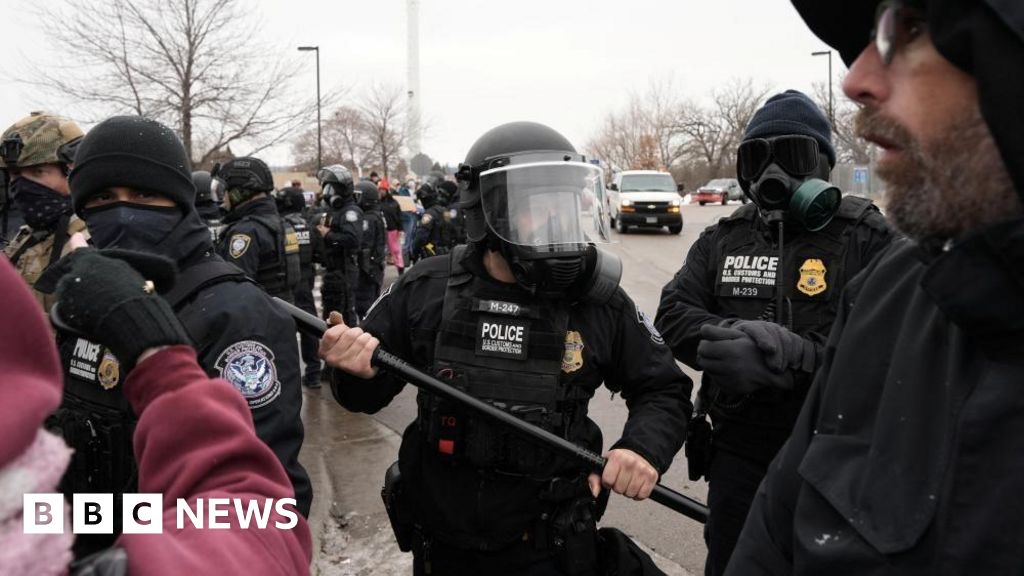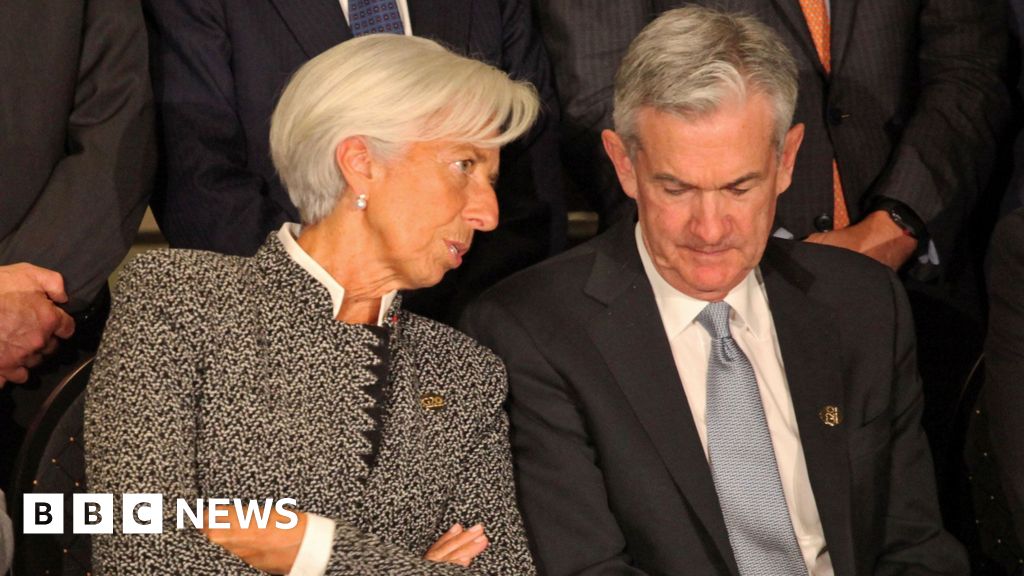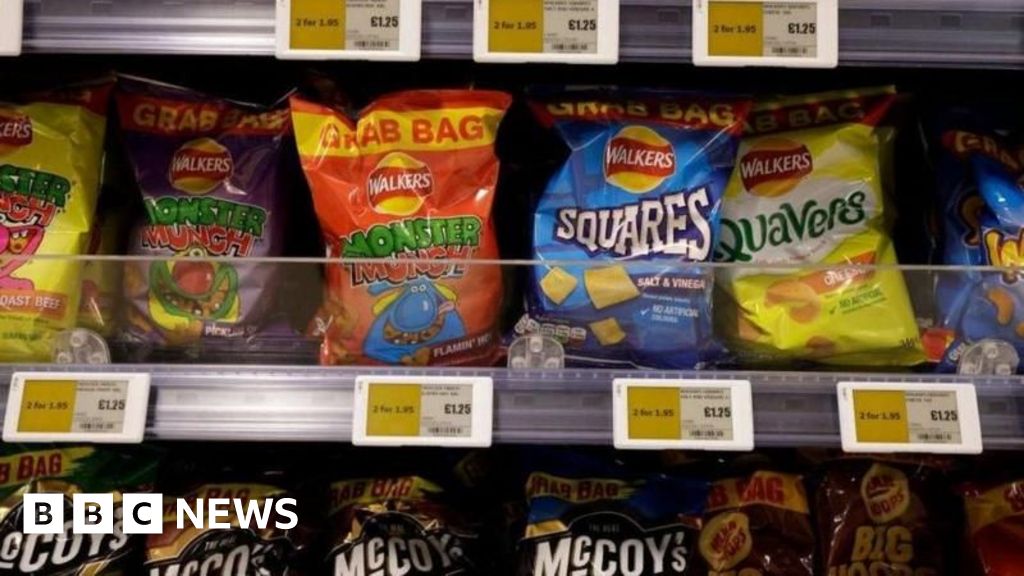Supermarkets will be banned from displaying unhealthy snacks near tills or on their website homepages from next year after the Senedd narrowly approved obesity-tackling plans.
The new rules mean junk foods including pizza, chocolate, and cereal will have to be removed from shop entrances and the end of aisles, while sugary drink refills and some buy-one-get-one-free deals will also end.
The restrictions are aimed at stopping impulse buys at key selling spots in businesses with 50 or more employees, with shops found breaching them to face a fine.
Health Secretary Jeremy Miles said the rules, which will come into force in March 2026, would help “tackle Wales’ growing obesity problem”.
Smaller shops and those specialising in one product – such as sweet shops and chocolatiers – will be exempt.
The restrictions form part of a wider programme of measures, including encouraging manufacturers to revise ingredients in other products.
The full list of foods which are “of most concern to childhood obesity”, and therefore will not be allowed in key selling areas, are:
- Soft drinks
- Chocolate
- Sweets
- Cakes
- Ice cream
- Breakfast pastries
- Puddings
- Sweet biscuits
- Cereals
- Yoghurts
- Milk-based drinks with added sugar
- Juice-based drinks with added sugar
- Pizza
- Crisps and savoury snacks
- Ready meals
- Processed meat products such as burgers, chicken nuggets, breaded chicken/fish
- Chips and other potato products
Following a vote on the proposals in the Senedd this week, which saw them just pass by 25 votes to 24, Mr Miles said the move would have “a significant impact on the health of our nation for years to come”.
“We want to make it easier for people to make healthier choices and we’ll achieve this by improving the food environment around them,” he added.
“If we ensure healthier food and drinks are more available, accessible and visible to people in shops and stores, it will support our efforts to reduce obesity rates and improve public health.”
The rules were proposed in a consultation last year and mirror those introduced in England since 2022.
Reacting to the outcome, James Evans MS, the Welsh Conservatives’ health and social care representative, described the rules as “nanny state nonsense”.
“Keir Starmer promised to ease the cost of living and hasn’t, with Welsh Labour following suit here by pushing up costs for working people,” he said.
“Welsh Conservatives believe in personal responsibility. Efforts to tackle obesity must be focussed on providing support for grassroots sports clubs, increase the amount of sport played in schools, and encouraging more people to get active – not forcibly pushing up the price of the weekly shop.”
Mabon ap Gwynfor, Plaid Cymru’s health representative, warned obesity places “huge pressures” on health and care services, but accused ministers of offering “half a solution”.
“The stick is useful,” he said. “But you need the carrot too. The regulations therefore are entirely inadequate.”
He added there was “little detail on how the policy will be implemented” and said the public would see it as “the government once again preventing people from doing things”.
But Miles hit back at accusations there has been a lack of public engagement, saying the proposals had been subject to two 12-week consultations.
Sioned Quirke, a specialist dietician for the NHS, welcomed the move but described obesity as “extremely complex and multi-faceted”.
“So we need to look at this as one step of a big, big ladder to climb in Wales,” she told BBC Radio Wales Breakfast.
She said consumers had been “conditioned” to buy a sandwich, a bag of crisps and a drink as part of a meal deal, and that it was important “to break that”.
“We need to help people make the healthier choice the cheapest choice, and the easiest choice,” she said.

















































